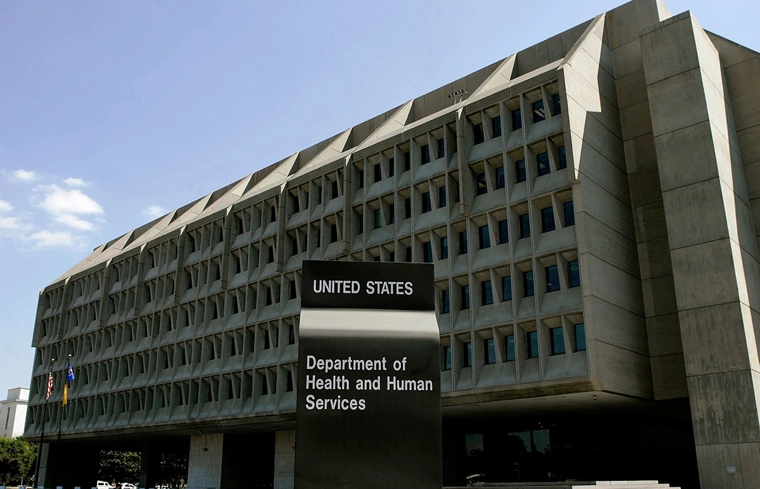Biden admin. can’t force Catholic doctors to perform gender reassignment surgeries: 8th Circuit

A federal appeals court blocked the U.S. Department of Health and Human Services’ ability to enforce a regulation that required health insurance providers and medical professionals to perform gender-transition operations against their beliefs.
The 8th U.S. Circuit Court of Appeals released Friday’s decision. Circuit Court of Appeals granted a temporary injunction against the “transgender mandate” to Religious Sisters of Mercy, and a coalition of Catholic healthcare and insurance providers.
The HHS Office of Civil Rights issued regulations regarding Section 1557 of Affordable Care Act in May 2016. The HHS Office of Civil Rights added gender identity to the prohibition against discrimination in healthcare settings. This rule was repealed under the Trump administration, but it was reinstated by Biden in May 2021.
This injunction states that all parties in the case, including Religious Sisters of Mercy and Sacred Heart Mercy Health Care Center, SMP Health System, University of Mary, Catholic Benefits Association and Diocese of Fargo as well as Catholic Charities of North Dakota, Catholic Medical Association and Catholic Medical Association, are exempt from the obligation to perform the procedure if they do not violate their religious beliefs or medical judgment.
|
Chief Judge Lavenski R. Smith authored the ruling. It states that plaintiffs believe that sex changes can cause harm to patients and violate their medical judgment.
Smith, a George W. Bush appointee wrote that “Additionally they believe they would violate their religious beliefs about human sexuality, procreation, and reproduction if they performed, among others, gender-transition service.” They also object to insurance coverage being provided for their employees who are eligible for gender transitions.
The federal agency has 60-days to request the 8th Circuit to hear the case again and another 90-days to appeal to the U.S. Supreme Court.
This ruling comes after an August 5th U.S. decision. Circuit Court of Appeals upheld a temporary blockade by the government prohibiting Christian doctors and hospitals from performing gender-affirming procedures.
Becket Law, a non-profit group that represents the plaintiffs, considers this 8th Circuit ruling a win for religious freedom.
Goodrich stated that “there are currently two federal appellate decisions affirming this broad injunctions blocking the government from forcing [medical professionals] to perform gender transitions” during a conference call with reporters.
“I believe this is a powerful precedent under Religious Freedom Restoration Act. The same law that protected religious minorities for more than two decades, also protected the Little Sisters of the Poor against the contraceptive mandate.
Goodrich stated that religious groups that oppose body-mutilating procedures have strong legal protections. He also stressed that they have a precedent they can refer to now, if they need to go to court.
The Christian Post reported that Xavier Becerra, the U.S. Secretary for Health and Human Services, stated in a written reply to Mary Miller that taxpayers should be funding gender transition procedures and hormone treatments for youth with gender dysphoria.
Becerra stated that the Department follows all laws and works to ensure that every patient, anywhere, has access to care without discrimination, stigma, or barriers.
He said that the Biden-Harris Administration supports WPATH’s Standards of Care Version 8 release and believes all children and adults should have access to life-saving, medically required care. “Public and private payers should pay for medically necessary treatments.”










No Comments